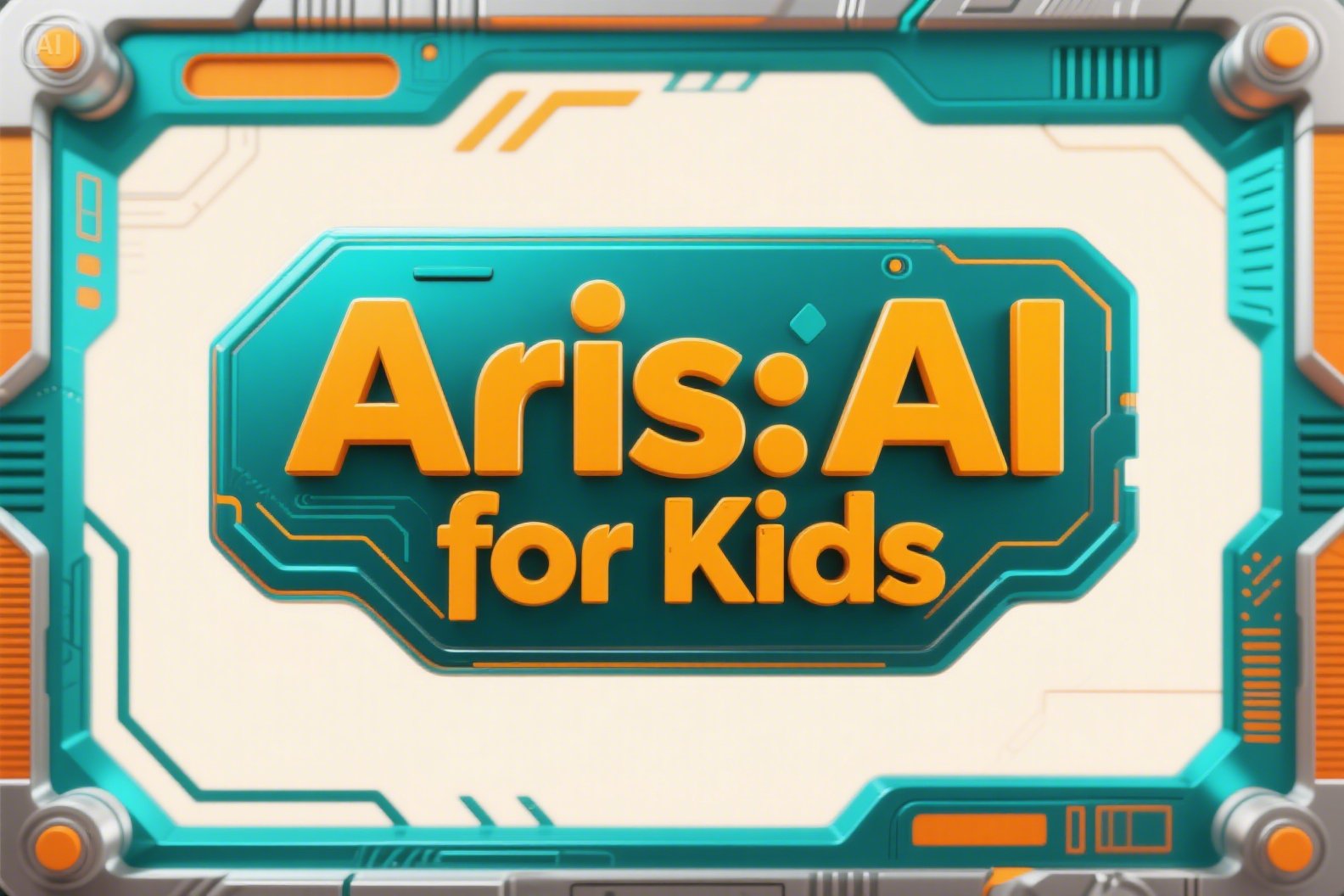
Parent-Controlled Customization
In today's rapidly evolving AI landscape, one of the most significant concerns for parents is maintaining appropriate boundaries for their children's technology use. While many AI platforms offer basic content filters, Aris takes a fundamentally different approach by putting comprehensive control directly in parents' hands.
Unlike other AI tools that apply one-size-fits-all moderation, Aris enables parents to create separate accounts for each child with individualized settings. This means parents can tailor the experience based on each child's age, maturity level, and specific needs. A 7-year-old might have more restrictive settings that focus on educational content, while a 12-year-old might have access to more advanced topics that align with their personal interests.
This granular level of customization acknowledges something that other platforms often miss: parents know their children best. What's appropriate for one family or even one child within a family may not be suitable for another. By offering these personalized controls, Aris AI empowers parents to make informed choices about their children's AI interactions rather than delegating these critical decisions to algorithm developers.
The account management system also provides parents with insights into how their children are using the platform—what topics they're exploring, what questions they're asking, and how the AI is responding. This transparency creates opportunities for meaningful conversations about digital literacy and responsible technology use that are specifically relevant to each child's interests and activities.
Minimizing Screen Time While Maximizing Value
Perhaps the most striking difference between Aris and other AI tools for children is our intentional design philosophy: technology should serve as a bridge to real-world experiences, not a replacement for them. While many platforms use gamification, animations, and reward systems to maximize engagement (and screen time), Aris AI takes the opposite approach.
Our voice-first interface allows children to interact with Aris through natural conversation, reducing the need to stare at a screen. Children can ask questions, request information, or listen to audio books while engaged in hands-on activities, outdoor play, or creative projects. The visual interface is purposefully simple and efficient—designed to provide information quickly so children can return to their real-world activities.
This approach directly counters the attention economy that dominates most digital products for children. Instead of competing for your child's attention with flashy graphics and addictive features, Aris AI is designed to fade into the background when not needed. It's a tool that empowers children's curiosity without demanding their constant attention.
Aris helps reduce overall screen time by making digital interactions more efficient and purpose-driven. Rather than falling into passive consumption patterns, children use Aris AI actively and intentionally to support their own interests and activities before returning to the physical world.
Child-Led Learning and Exploration
Many AI platforms for children take a prescriptive approach—generating challenges, quizzes, or gamified learning paths that dictate how children should engage with the technology. While this approach can be valuable in some contexts, it often places children in a passive role, responding to prompts rather than developing their own questions and interests.
Aris fundamentally believes in children's innate curiosity and capacity for self-directed learning. Rather than pushing content or creating artificial engagement hooks, Aris responds to children's authentic questions and interests. This child-led approach supports deeper learning and engagement because it connects directly to what children actually want to know.
When a child asks about dinosaurs, for example, Aris doesn't immediately launch into a predetermined lesson or quiz. Instead, it responds directly to their specific question and follows their lead as their curiosity unfolds naturally. This approach honors children as active learners with their own interests and questions rather than passive consumers of pre-packaged content.
This design philosophy extends to Aris's content creation capabilities as well. While some AI tools automatically generate stories, games, or activities for children, Aris focuses on supporting children's own creative processes. It can provide information, inspiration, or feedback when requested, but it doesn't attempt to replace the valuable experience of children developing their own ideas and projects.
Supporting Social Connection
Perhaps most importantly, Aris recognizes that technology should enhance rather than replace human connection. While some AI tools position themselves as companions or friends for children, Aris maintains clear boundaries that preserve the irreplaceable value of real human relationships.
By focusing on being an efficient knowledge resource rather than an emotional substitute, Aris encourages children to engage with family members, friends, and community. It can facilitate shared activities, provide information for family discussions, or support collaborative projects—but it never pretends to fulfill social or emotional needs that are best met through human connection.
This distinction is particularly important during childhood and adolescence, when developing healthy relationship skills and emotional intelligence is crucial. By maintaining appropriate boundaries, Aris AI helps children understand the difference between technological tools and human relationships—a critical distinction in our increasingly AI-integrated world.
As AI becomes more sophisticated and pervasive in children's lives, these philosophical differences between platforms matter more than ever. By choosing tools that align with your family's values around parental oversight, screen time, child-led learning, and social connection, you're not just selecting a product—you're helping shape your child's relationship with technology for years to come.